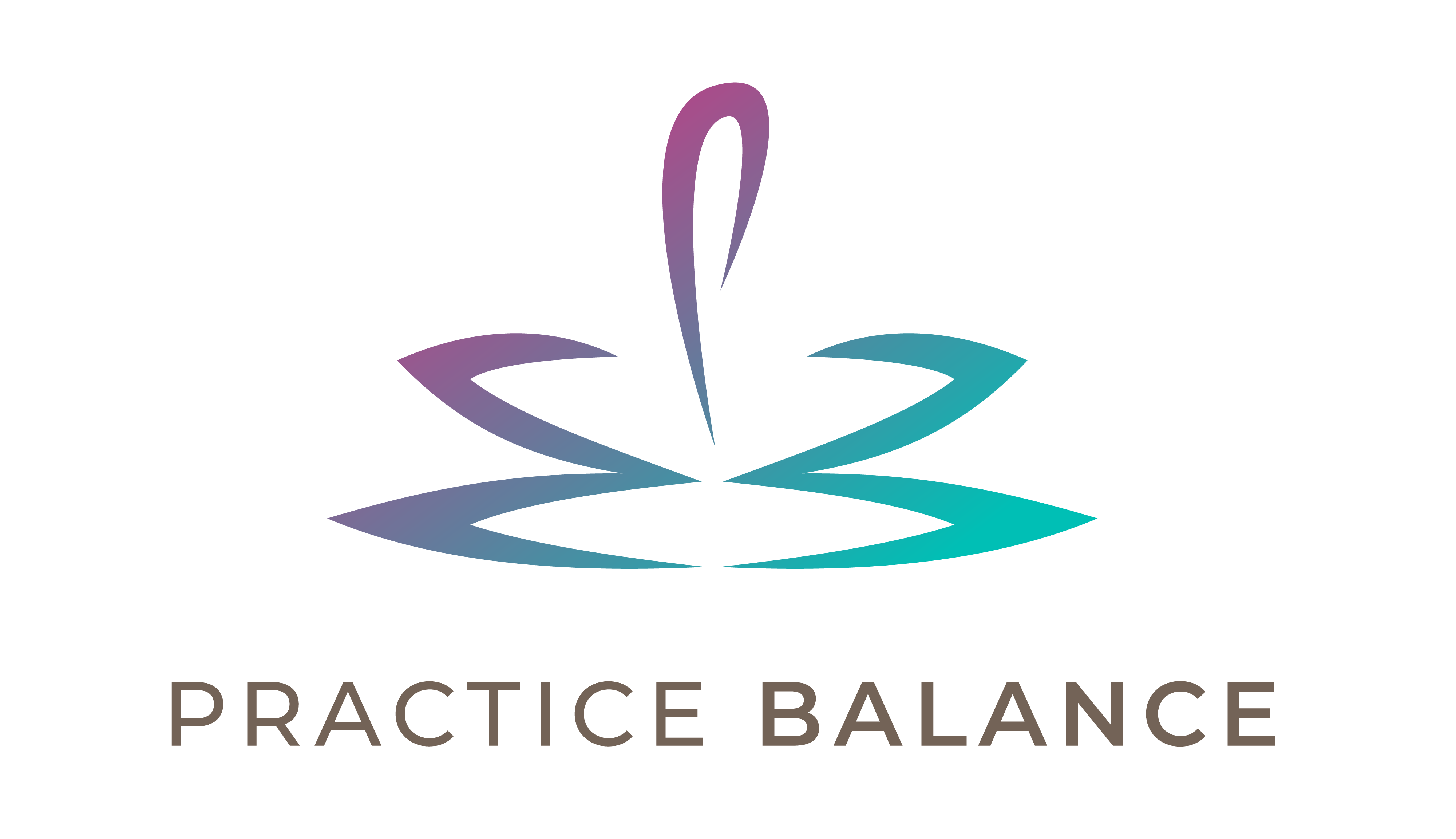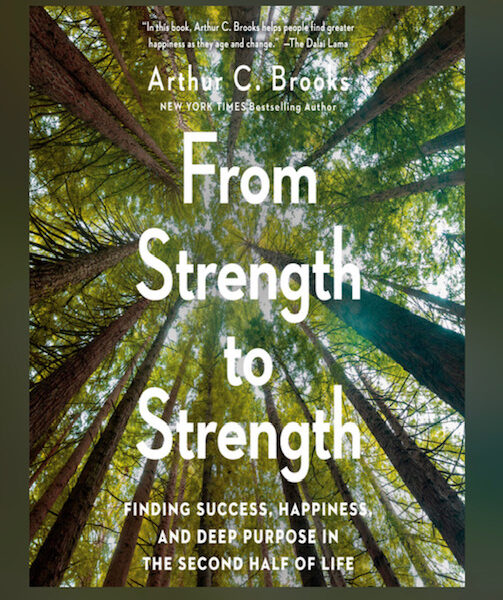Every once and again, a book comes along that impacts me so much, I feel the need to do a review.
You can find my reviews of other books here:

The Book
Today, I want to discuss From Strength to Strength by Arthur C. Brooks. I first learned of this book through a comment in a Facebook group for physicians pursuing financial independence. The OP lamented the fact that he had been working incredibly hard for a number of years, yet he had “nothing to show for it”; he longingly observed midlevel providers entering their Teslas and Audis in the parking lot after work, while he merely retreated to his Honda Civic. A group member suggested he read this book, and I can see why.
Through rich examples and his own transition from head of a powerful think tank to teacher, mentor, and just plain old guy, the author posits that the key steps to lasting happiness as we age are to:
- Face our success addictions
- Chip away at the inessential parts of our lives
- Ponder our own deaths
- Foster our closest relationships
- Take a spiritual journey
Use things
Love People
Worship the divine
Arthur C. Brooks, From Strength to Strength
With these, Brooks is really preaching to the choir.
The Eye-Opening Concept
I already know not to compare and not to gauge success by such possessions as a car. Yet I found myself enraptured by another concept in this book, given that I’m on the FIRE/”slow FI“ train and have been recently contemplating my future place in medicine and beyond.
It starts with this idea: as we age, we often start to suck at our craft.
Our fluid intelligence, the kind of smarts that imbues creativity, innovation and just plain badassery, declines significantly between the ages of 35 and 50. (I’m 48, for reference, and the author is 10-ish years my senior.)
In contrast, our crystallized intelligence (only gained through the wisdom of life experience) grows substantially during these same years.
What does this mean? Remaining on the fluid intelligence success curve and grasping for relevance is a recipe for unhappiness as you age. Think 60+ year old Madonna on Instagram. Have you seen her lately?
However, jumping to the crystallized intelligence curve and focusing your efforts there will help create lasting happiness and purpose. Think mentor, leader, teacher… parent. What this looks like will be entirely up to you.

Appealing Examples
There are a few story examples in the book that really demonstrate the differences of living on each of these curves. The example of grasping for relevance on the fluid intelligence curve is Charles Darwin, who was celebrated for his work on evolution very early in his life and then suffered from the pain of being unable to “top himself” for years after. In contrast, when composer JS Bach’s compositions became eclipsed in popularity by his own son CPE Bach, he shifted his focus to making a different type of music: the well-known and loved etudes and suites that became practice test pieces for many a music student (including me).
Interestingly, Brooks includes his own story of suck in the book. He was a celebrated French horn player as a young adult… but for some reason, his ability started to wane. He couldn’t figure out why and couldn’t remedy the change despite massive effort. Forced to switch careers from what he had envisioned, he found a roundabout way (via becoming a professor, then CEO of a think tank, then regular Atlantic journalist then author) to answer his own question.
Being a former pianist and cellist, Brooks’ examples from the music world really resonated with me. As did his relationship analogy using the aspen tree (which my daughter is named after) and its roots to all other aspen trees, forming the largest organism in the world. As did his explanation of his own spiritual journey in India (after I had just done a yoga/meditation retreat).
Bottom Line
Overall, I really enjoyed this book. Brooks takes a refreshing look at happiness and meaning through research on abilities, and he then provides practical steps for how to move “from strength to strength” rooted in stoic philosophy, minimalism, and happiness research.
This book came at a time in my life where I feel like I’m “jumping the curve”. I’m not doing the new or exciting procedures in anesthesiology anymore, and through making the change to rural mountain living, I’m increasingly picky about my locum tenens work assignments. Which means I’m doing less and less of them. I now focus more on my roles as a mother, teacher, coach, and leader. The book reaffirmed what I was already feeling: these roles are my purpose now.
Have you read this book? What did you think? How do you feel about the idea of jumping the intelligence curves? Share your thoughts by leaving a comment below.



 Laundry: A Simple Pleasure
Laundry: A Simple Pleasure

[…] a high performance environment, I also highly recommend gifting this book, which is the only book I reviewed this year and really made an impact on my personal path, my writings and my future talks coming up […]